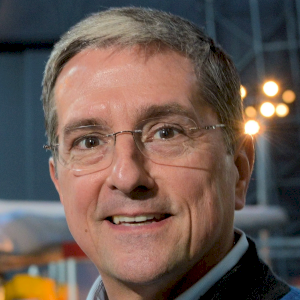
Ohio Astronaut, United States
Dr. Thomas was born in Cleveland, Ohio and received his B.S. in physics from Case Western Reserve University. He then attended Cornell University where he received his master and doctorate degrees in materials engineering. From 1982-1987 he was a senior member of the technical staff at Bell Laboratories in Princeton, New Jersey. In 1988 he joined the NASA Johnson Space Center in Houston, Texas as a materials engineer. In 1990 Dr. Thomas was selected in NASA’s 13th group of astronauts and flew as a mission specialist on four space shuttle missions during which he performed hundreds of microgravity sciences experiments and helped deploy a large communications satellite. He has spent 44 days in space and completed 692 orbits of the Earth.
From 1999-2000 Dr. Thomas was the NASA director of operations at the Gagarin Cosmonaut Training Center in Star City, Russia, and from 2003-2006 he was the International Space Station Program Scientist.
From 2007-2015 Dr. Thomas directed the Hackerman Academy of Mathematics and Science at Towson University, a STEM outreach initiative that targeted K-12 students to encourage them to pursue careers in math, science, and engineering. Today he is a professional speaker and continues his outreach efforts inspiring students to reach for the stars.
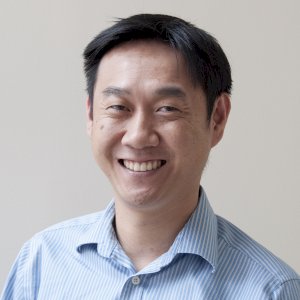
Yale School of Medicine, United States
Monkol received his PhD at the University of Sydney under the mentorship of Kathryn North. He then travelled to Boston to do his post-doc with Daniel MacArthur at Massachusetts General Hospital and the Broad Institute. His post-doctoral work focused on generating the largest collection of human protein coding variants called the ExAC project. The resource has been used by the rare disease community to better interpret rare variants observed in disease causing genes. He also was involved in many collaborations aimed at improving the diagnosis rate of neuromuscular diseases, which led to several novel disease gene discoveries. He started his lab in Yale in 2018 with a continual focus on improving diagnosis rate and developing novel genetic therapies
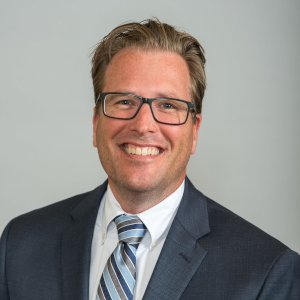
Washington University School of Medicine, United States
Dr. Conrad “Chris” Weihl MD/PhD is a Professor of Neurology and Head of the Neuromuscular Section at Washington University School of Medicine in St. Louis, Missouri, USA
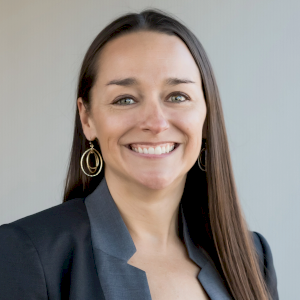
The Abigail Wexner Research Institute at Nationwide Children, United States
Dr. Lindsay Alfano has expertise in the care and evaluation of patients with neuromuscular disease. She is integral in planning and designing clinical trials for rare and ultrarare disorders and contributes to data driven trial design through several natural history and clinical trial readiness initiatives. Dr. Alfano serves on an international consortium with the aim to standardize training across global trials. Her research goals focus on reducing the burden of testing through development of optimal assessment tools to measure change in movement abilities.
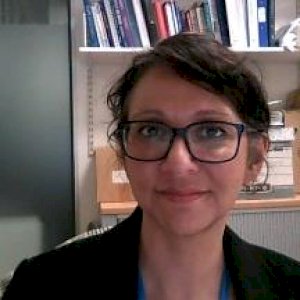
UCL Queen Square, Institute of Neurology, United Kingdom
Gita is a Consultant Allied Health Professional at the National Hospital for Neurology and Neurosurgery, and Honorary Associate Professor at UCL Institute of Neurology. She leads the Neuromuscular Rehabilitation Research Group at Queen Square Centre for Neuromuscular Diseases
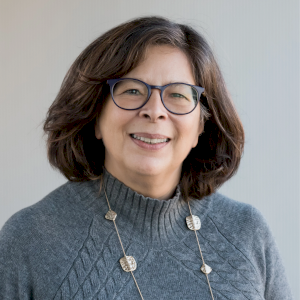
Association Institut de Myologie, France
Teresinha Evangelista (Female) – Coordinator of the ERN EURO-NMD since 2018 and co-coordinator from 2016 to 2017. Key Expertise: Board-certified neurologist and neuropathologist with long-standing clinical and research expertise in neuromuscular disorders. Expertise in rare disease policies.
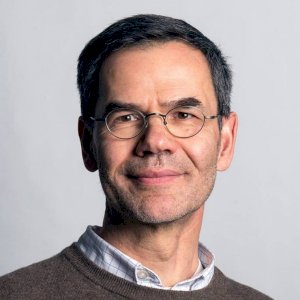
Radboud University Medical Centre, Netherlands
Baziel van Engelen, neurologist and philosopher, is head of the Radboud Neuromuscular Centre and professor of neuromuscular disorders at the Radboud University Medical Centre Nijmegen, The Netherlands. His research focus on bedside-to-bench translational research on neuromuscular disorders, especially myotonic dystrophy and facioscapulohumeral dystrophy. He was a former Research Director of the European Neuromuscular Centre (ENMC) and currently serves in several scientific advisory boards (industry, academic, societal).
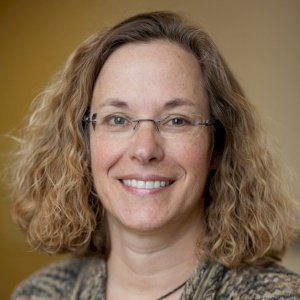
University of Florida, United States
Dr. Laura P.W. Ranum, is the Director of the Center for Neurogenetics and the Kitzman Family Professor of Molecular Genetics and Microbiology at the University of Florida. In 2011, her lab discovered that novel category of proteins are produced from repeat expansion mutations without canonical AUG-initiation codons. These toxic, repeat-associated, non-AUG (RAN) proteins have been found in a growing number of neurodegenerative diseases including Huntington’s disease, amyotrophic lateral sclerosis, frontotemporal dementia, and ataxia. Recent data she will present show RAN proteins are a common type of pathology found in Alzheimer’s disease. Additionally, her group has developed a novel method to clone repeat expansion mutations directly from patient DNA. Mechanistic insights from her recent work have identified novel therapeutic strategies to treat RAN protein disorders.
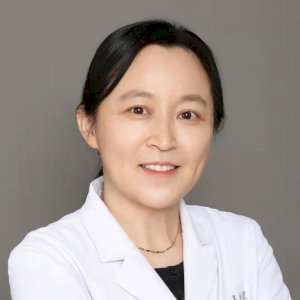
Peking University First Hospital, China
Neuromuscular disorders; mitochodrial disease; genetics
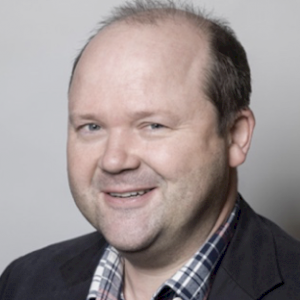
UCL Queen Square, Institute of Neurology, United Kingdom
Expert in neurogenetics and neuromuscular disorder genetics
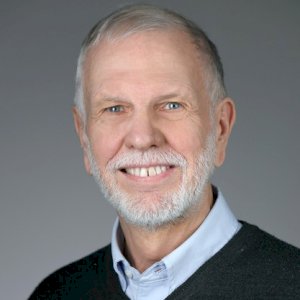
National Institutes of Health (NIH), United States
Fischbeck trained at Harvard, Hopkins, and UCSF. He joined the Penn Neurology Department and later came to NINDS as Neurogenetics Branch Chief. He received awards from AAN and ANA and was elected to the National Academy of Medicine. He studies the causes of hereditary neuromuscular diseases to develop effective treatment.
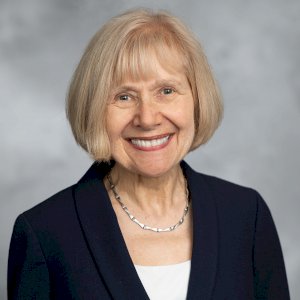
The University of Michigan, United States
Eva L. Feldman, M.D., Ph.D., is the James Albers Distinguished University Professor, the Russell DeJong Professor of Neurology and Director of the ALS Center of Excellence at University of Michigan. With 30 years of continuous NIH funding, she has pioneered studies on the exposome in neuromuscular disease risk and progression.
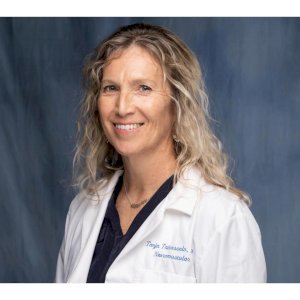
University of Florida, United States
Dr. Taivassalo is currently an Associate Professor within the Department of Physiology and Aging at the University of Florida, leading research to advance the potential of exercise as a therapeutic strategy for neuromuscular disease.
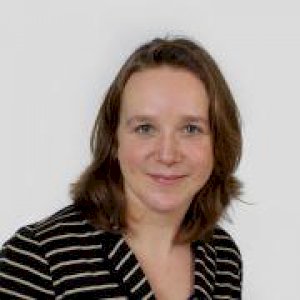
Radboud University Medical Centre, Netherlands
Nicole Voet works as a rehabilitation physician and senior researcher at the department for neuromuscular diseases (NMD) in rehabilitation center Klimmendaal, Arnhem, and at the Muscle Center in the Radboud University Medical Center Nijmegen, the Netherlands. Voet is acknowledged as an international expert on fatigue, well-being and training in NMD.
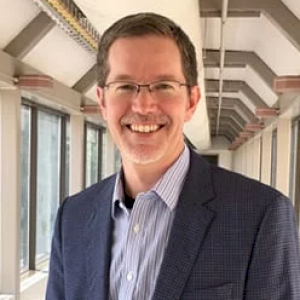
Washington University, United States
Timothy Miller, M.D., Ph.D. is Vice Chair of Research for the department of Neurology and the David Clayson Professor of Neurology at Washington University School of Medicine in St. Louis. Dr. Miller has pioneered work with antisense oligonucleotides (ASOs) and has led successful ASO clinical trials in SOD1-related ALS and developed an ASO therapy for tauopathies